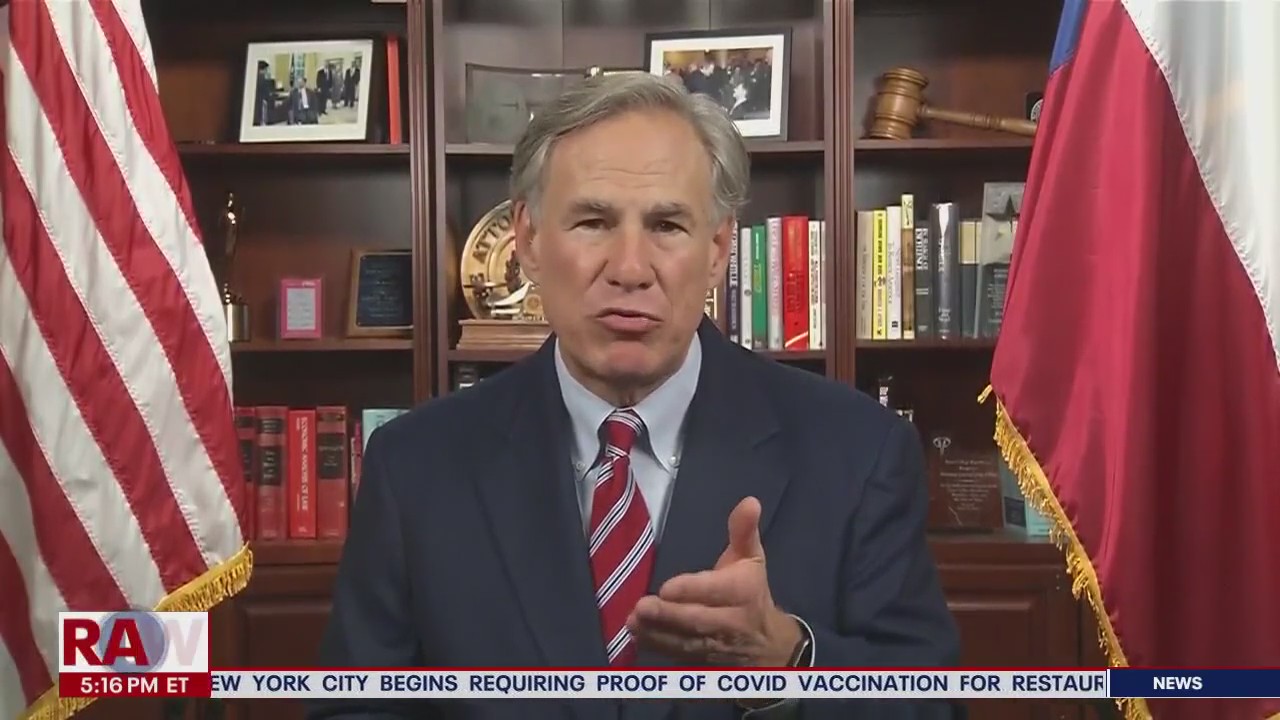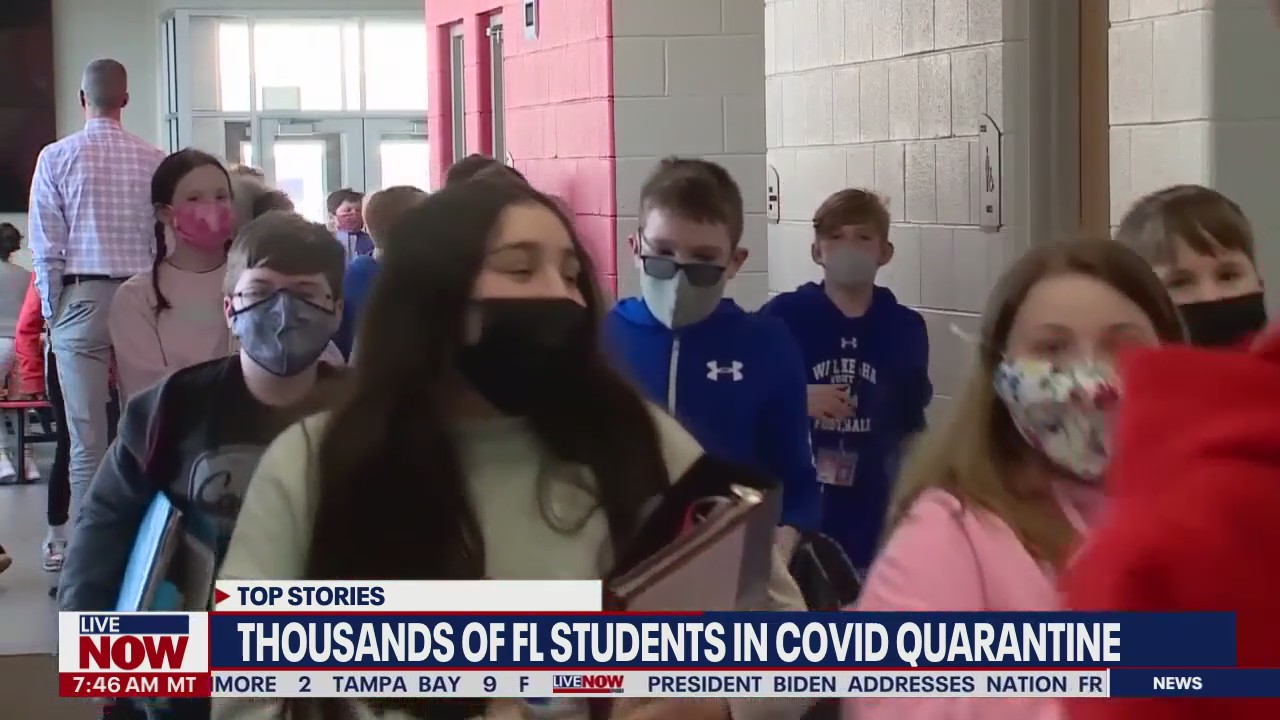Biden extends 100% federal reimbursement of states’ COVID-19 costs
WASHINGTON - President Joe Biden has ordered the Federal Emergency Management Agency to continue to fully reimburse states’ costs regarding COVID-19 emergency response through the end of the year.
The White House posted the memorandum on its website Tuesday. The coverage includes costs associated with emergency medical care, vaccination operations and housing at-risk populations such as the homeless.
Biden’s original order, which the president issued shortly after taking office, was effective through September.
RELATED: COVID-19 surge: Tennessee National Guard deploys over 550 soldiers to assist hospitals
The measure signals that the pandemic isn’t over. The U.S. is seeing the virus storming back, driven by a combination of the highly contagious delta variant and lagging vaccination rates, especially in the South and other rural and conservative parts of the country. New cases nationwide are averaging about 123,000 per day, a level last seen in early February, and deaths are running at over 500 a day, turning the clock back to May.
The U.S. Centers for Disease Control and Prevention said hospitalizations continue to rise with more than 2.5 million new admissions between Aug. 1 and Aug. 15.
The COVID-19 surge that is sending hospitalizations to all-time highs in parts of the South is also clobbering states like Hawaii and Oregon that were once seen as pandemic success stories.
Oregon — like Florida, Arkansas, Mississippi and Louisiana in recent days — has more people in the hospital with COVID-19 than at any other point in the pandemic. Hawaii is about to reach that mark, too.
As early as Wednesday, U.S. health authorities are expected to recommend an extra dose of the vaccine for all Americans eight months after they get their second shot, according to two people who spoke to The Associated Press on condition of anonymity to discuss internal deliberations.
RELATED: Surge in new COVID-19 cases amid delta spread 'going very steeply upward'
That means the biggest vaccination drive in U.S. history is about to get even more extensive.
The move is being driven by both the highly contagious variant and preliminary evidence that the vaccine’s protective effect starts dropping within months.
Booster shots would only begin to be administered widely once the U.S. Food and Drug Administration formally approves the vaccines, which are being dispensed for now under what is known as emergency use authorization. Full approval of the Pfizer shot is expected in the coming weeks.
More than 198 million Americans have received at least one dose of a COVID-19 vaccine, or 70% of those who are eligible, according to the U.S. Centers for Disease Control and Prevention. Just under 60% of Americans 12 and older are fully vaccinated.
The Associated Press contributed to this story. This story was reported from Los Angeles.



